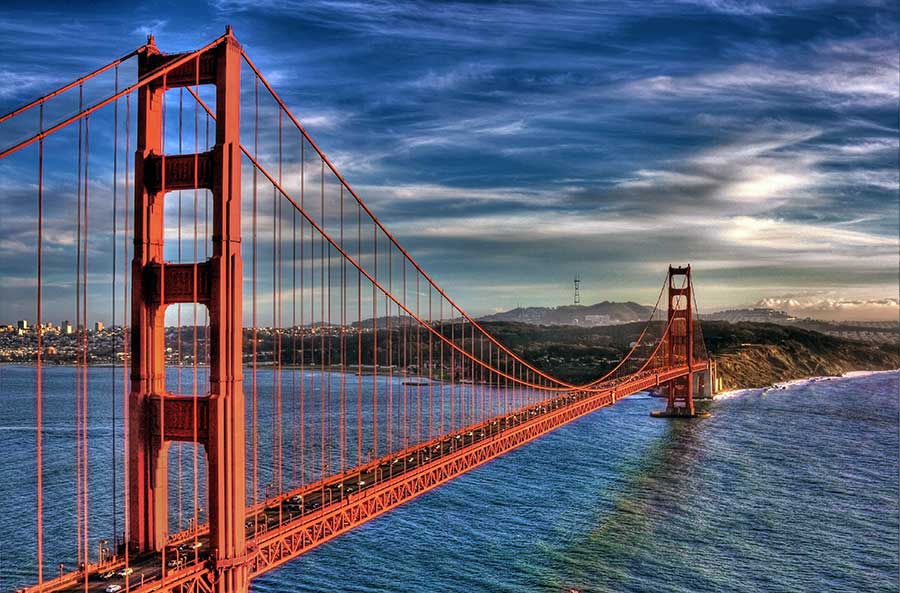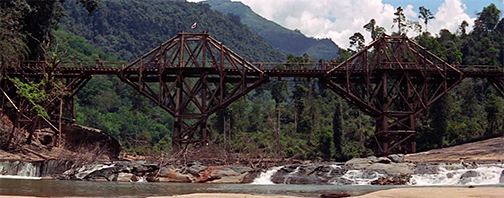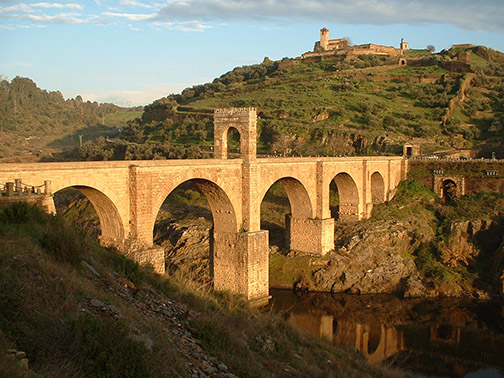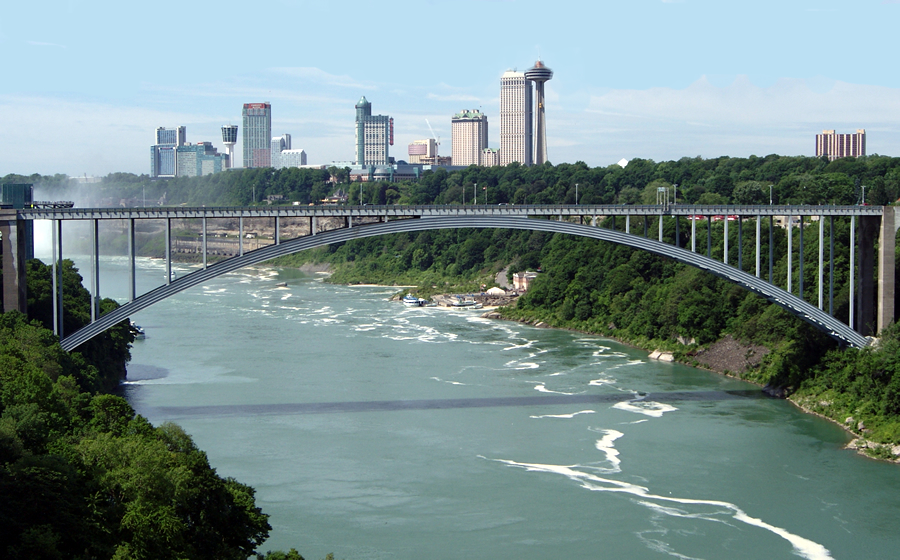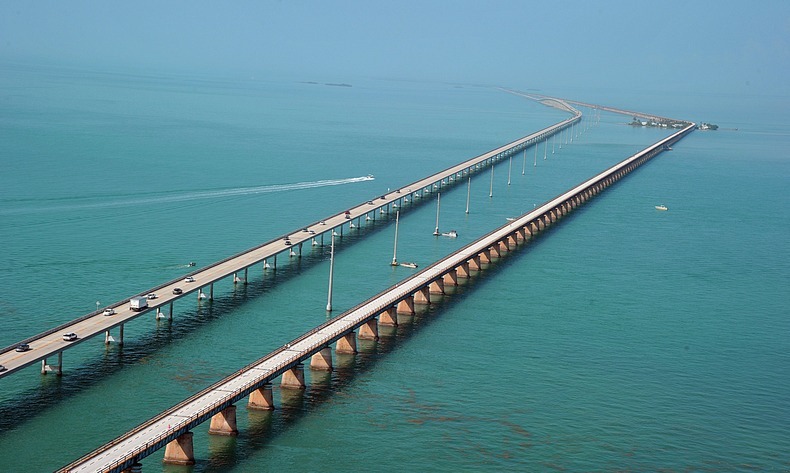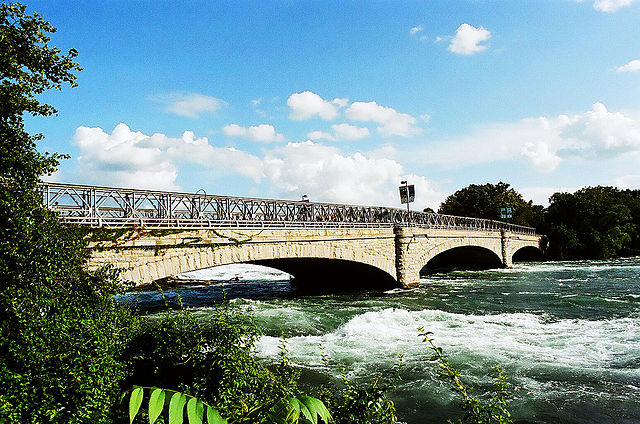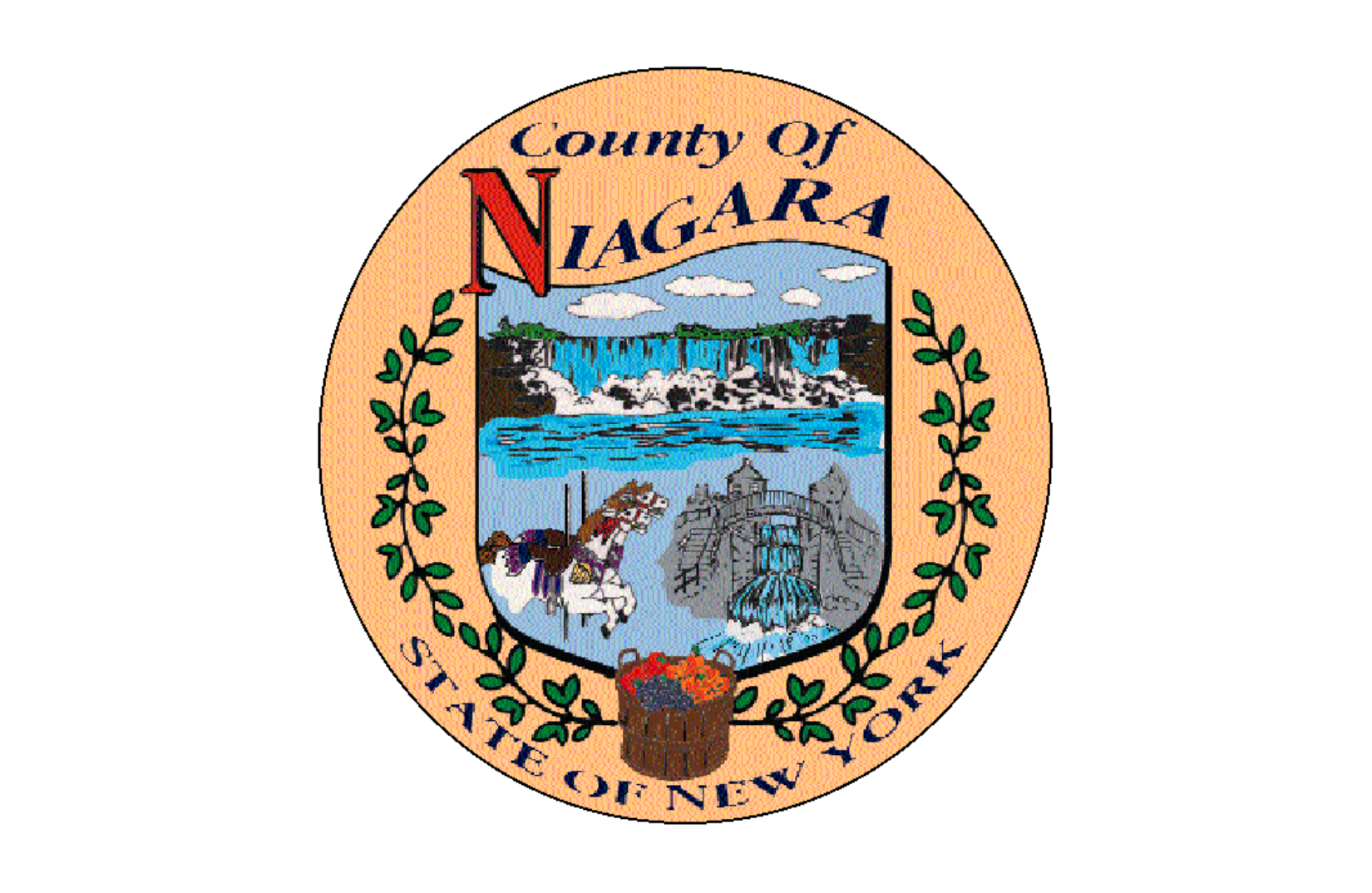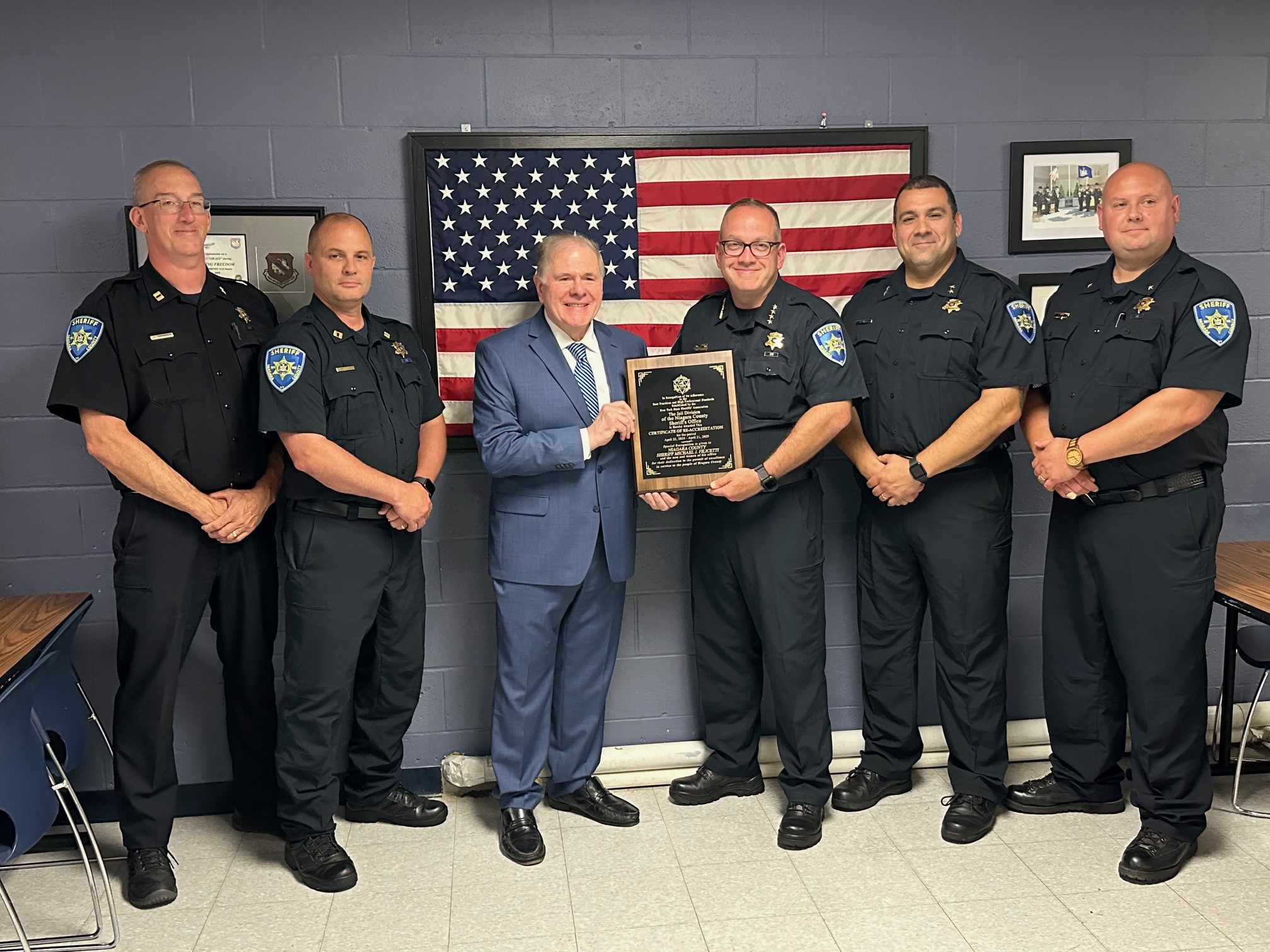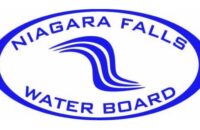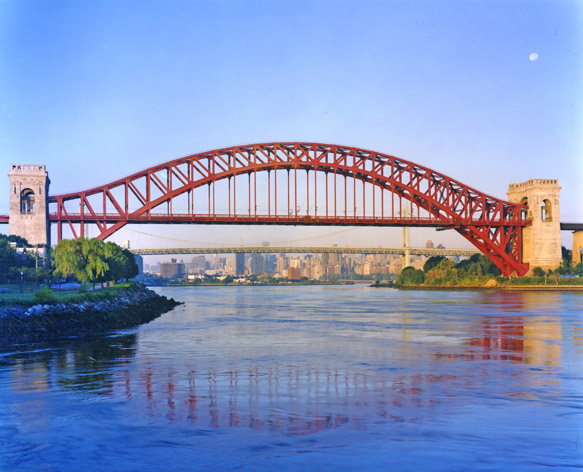
According to the many navigators who have been sailing them for the past five centuries, the roughest waters in North America can be found at the confluence of the East River and Long Island Sound in New York City, where the twice daily conflicting tides roil and churn the waters. Still, on Sept. 30, 1916 — a century ago — the railroad bridge there was opened without dewatering either the East River or Long Island Sound. Which prompts the question: Why does the replacement of two tiny pedestrian bridges over the Upper Niagara Rapids require suck draconian measures a century later?
Some of the most treacherous waters in the world are associated with the conflicting tides of Golden Gate, in the San Francisco Bay. And yet, engineers working in 1937 were able to build this three mile long span without dewatering the bay. It’s really too bad all those engineers are now dead because the NYS Parks Commission could have called them up and asked how to build the dinky pedestrian bridges they are now proposing.
British and Australian POW’s built the Bridge on the River Kwai for the Japanese during World War II without dewatering said River Kwai. The bridge was a major engineering project designed to carry railroad traffic, unlike the tiny bridges proposed by the New York State Parks Commission, which will be called upon to carry only pedestrian traffic.
Bridges have been built for tens of thousands of years. This one, at Alacantara, Spain, was erected by the Romans around the time of Christ. In Niagara Falls, much smaller bridges cannot be maintained after a mere century and require tens of millions of dollars and draconian engineering projects to put right.
The Rainbow International Bridge just a few hundred yards away was built without de-watering the Niagara River.
The Seven Mile Bridge was also built without dewatering the Atlantic Ocean.

